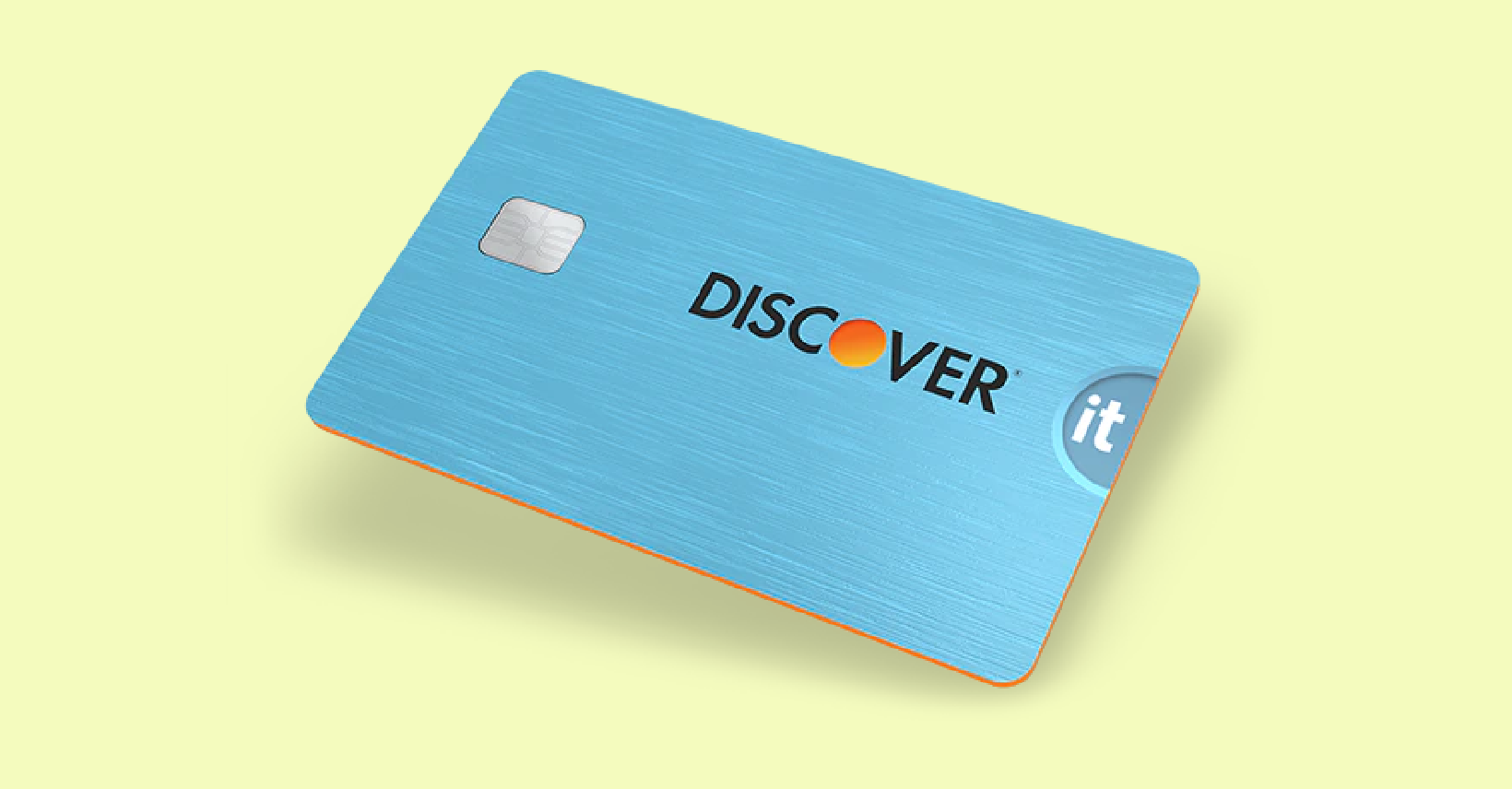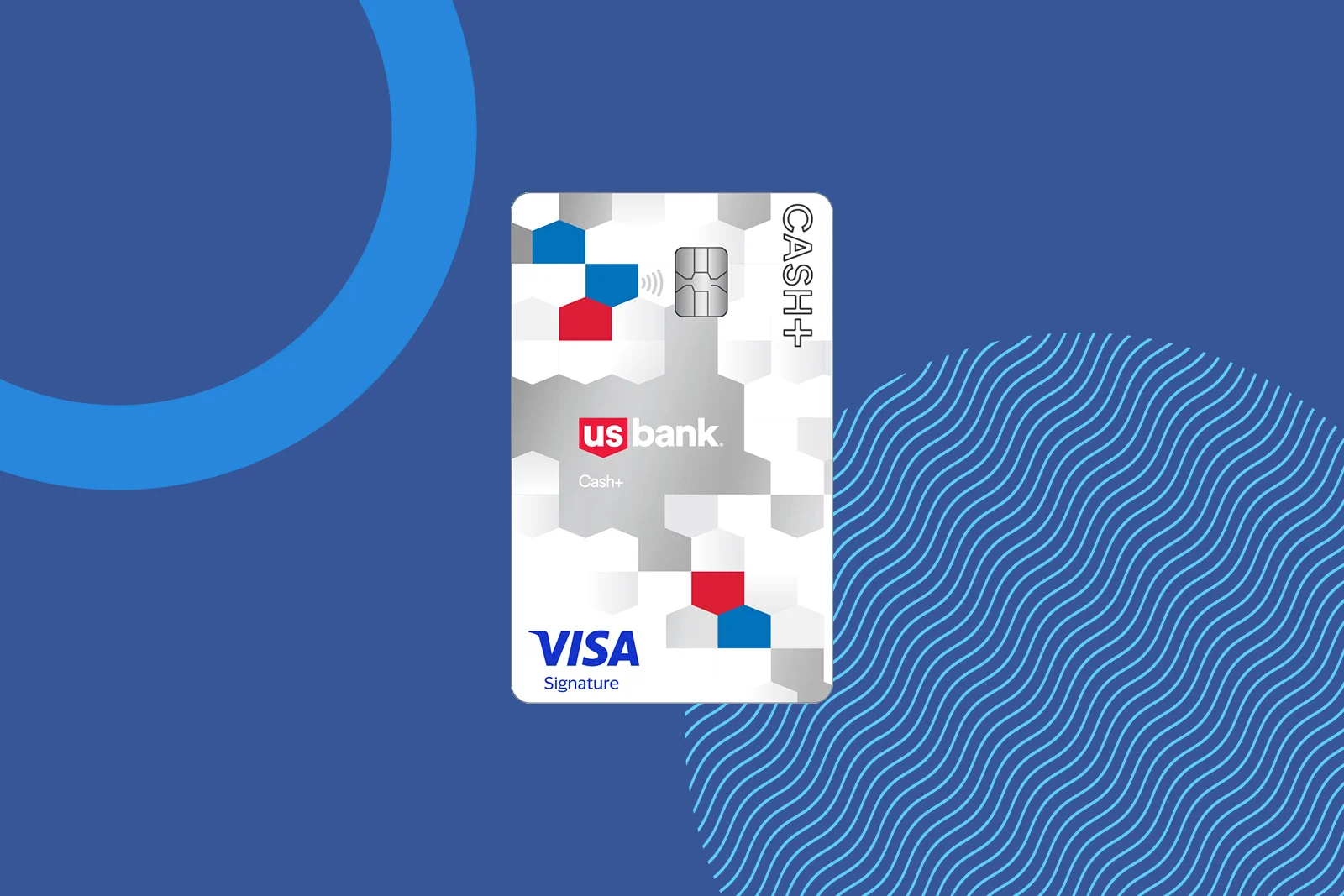How Credit Cards Can Help Build a Solid Credit History

Building Credit with Credit Cards
Establishing a strong credit history is a fundamental component of maintaining financial stability in the United States. One of the most effective means to achieve this is through the responsible use of credit cards. When managed appropriately, credit cards not only help enhance an individual’s credit score but also improve overall financial credibility, potentially unlocking more favorable loan terms and other borrowing opportunities.
Understanding how credit cards influence credit history can significantly impact one’s financial trajectory. Here are some key aspects to consider:
- Payment History: This is the most critical factor affecting your credit score, accounting for approximately 35% of the total score. Making timely payments on credit cards will demonstrate reliability to lenders. For instance, if you have a credit card statement due on the 15th of each month, paying off the balance in full before this deadline helps maintain a positive payment history. Missing payments can lead to late fees and negatively affect your score.
- Credit Utilization: This term refers to the ratio of your current credit card balances to your total credit limit. Ideally, maintaining a utilization rate below 30% is recommended. For example, if you have a total credit limit of $10,000 across all your credit cards, keeping your total balances under $3,000 is advisable. High utilization can signal financial distress to lenders, potentially lowering your score.
- Length of Credit History: A longer credit history can positively influence your credit score. This factor considers the average age of your accounts and can be bolstered by keeping older credit accounts active. For example, even if you obtain new credit cards, keeping an older card open can help maintain a strong credit profile.
In addition to bolstering credit scores, credit cards offer a range of benefits that can enhance financial management and security:
- Rewards Programs: Many credit cards provide incentives such as cash back on purchases, travel points, or bonus offers for spending in specific categories like groceries or gas. For instance, a card that offers 2% cash back on all purchases can lead to significant savings over time, especially for frequent spenders.
- Emergency Funds: Having access to credit can be lifesaving during unexpected financial emergencies. Whether it’s a car repair or medical expense, credit cards can provide a financial buffer without needing to dip into savings.
- Financial Tracking: Most credit cards come with online tools that allow users to track spending and categorize expenses. This capability can simplify budgeting and help identify areas for improvement in spending habits.
When effectively managed, credit cards can confer substantial advantages. Borrowers who understand and utilize these credit components wisely are better positioned to secure loans and financing options at more attractive interest rates. By acknowledging the impact of payment history, credit utilization, and credit history length, individuals can navigate their credit journeys with confidence and clarity.
DISCOVER MORE: Click here to learn about the impact of startups on employment
The Role of Credit Cards in Establishing Creditworthiness
Credit cards are essential instruments for those seeking to establish or maintain a robust credit history, playing a pivotal role in shaping individuals’ financial profiles. Understanding the various features and functionalities of credit cards can significantly enhance one’s creditworthiness when leveraged wisely. With prudent management and an informed approach, credit cards not only bolster credit scores but also serve as evidence of financial reliability to potential lenders.
Responsible Usage: One of the most critical aspects of using credit cards is maintaining responsible spending habits. By routinely charging modest amounts to a credit card and settling the balance in full each month, individuals demonstrate their ability to manage credit effectively. For example, someone might use a credit card for regular purchases, such as groceries or gas, and ensure that they pay off the total amount by the due date. This practice not only helps avoid interest charges but also establishes a consistent positive payment history, which is a significant factor in improving credit scores. A good payment history accounts for approximately 35% of a FICO score, highlighting the importance of timely payments.
Diverse Credit Mix: Incorporating credit cards into an individual’s credit portfolio alongside different types of credit can positively influence their credit score. Credit scoring models, especially FICO, often reward users with a diverse mix of credit accounts—such as credit cards, auto loans, and mortgages—because it indicates their capability to manage various forms of credit responsibly. For instance, someone might have a credit card, an auto loan, and a student loan. By maintaining timely payments across these different credit types, they reflect financial versatility and increase their overall credit profile. This aspect of credit scoring accounts for 10% of the FICO score, emphasizing the importance of diversification.
Building a Credit History: For those who are new to credit or looking to improve their credit situation, secured credit cards present an excellent entry point. A secured credit card requires the user to deposit a certain amount of money as collateral, which can also act as their credit limit. This minimizes the risk for lenders. For example, if someone obtains a secured credit card with a $500 deposit, they would have a $500 credit limit. By using the card responsibly—making purchases and paying off the balance on time—they can establish or rebuild their credit score effectively. Over time, responsible usage of a secured card can lead to offers for unsecured credit cards, thereby enhancing access to better credit opportunities.
Furthermore, comprehending the terms and conditions associated with credit cards—such as interest rates, annual fees, and late fees—is paramount in managing credit wisely. Knowledge of these elements empowers users to make informed decisions and avoid falling into debt through high-interest charges. For example, understanding that carrying a balance on a card with a high APR (annual percentage rate) can lead to significant debt can motivate individuals to pay off their monthly balances fully.
In summary, credit cards, when used judiciously, can substantially influence one’s credit trajectory. By adhering to a consistent payment schedule, ensuring low credit utilization and embracing diverse credit opportunities, individuals can solidify their credit foundations. Mastering the management of credit cards not only enhances creditworthiness but also opens doors to more favorable loan terms, lower interest rates, and a prosperous financial future.
DISCOVER MORE: Click here to dive deeper
Credit Card Strategies for Building Strong Credit
To fully capitalize on the benefits of credit cards for credit history enhancement, specific strategies should be implemented to ensure optimization of credit scores and financial health. Adopting these strategies can lead to long-term financial stability, allowing individuals to secure affordable financing options when needed.
Timely Payments: As previously mentioned, the significance of making payments on time cannot be overstated. To facilitate this, individuals can set up automatic payments or reminders to ensure they never miss a due date. A single late payment can adversely affect credit scores and may stay on a credit report for up to seven years. According to the Consumer Financial Protection Bureau (CFPB), consumers with a consistent record of timely payments can see their credit scores increase by as much as 100 points over time. Therefore, prioritizing punctual payments is essential for sustaining a solid credit history.
Monitoring Credit Utilization: Another vital factor in credit scoring is credit utilization, which refers to the percentage of available credit that is being used. Ideally, individuals should aim to keep their credit utilization ratio below 30%. This is calculated by dividing the total outstanding credit balances by the total credit limits. For example, if an individual has a total credit limit of $10,000 and currently utilizes $2,000, their credit utilization ratio is 20%. High utilization ratios can signal to lenders that a borrower may be over-relying on credit, thus negatively impacting credit scores. Regularly assessing and managing this ratio can reinforce a positive credit profile.
Regular Credit Monitoring: Keeping a close watch on one’s credit report is equally crucial. Regular monitoring allows individuals to catch discrepancies or fraudulent activities early, which can be detrimental to building a solid credit history. The Fair Credit Reporting Act entitles consumers to one free credit report from each of the three major credit bureaus—Equifax, Experian, and TransUnion—every year. Taking advantage of this resource helps individuals maintain awareness of their credit status and rectify any inaccuracies promptly. Federal law also allows consumers to dispute errors, which can lead to adjustments in the credit report and improve scores accordingly.
Limit Unnecessary Credit Inquiries: While seeking new credit cards may be beneficial for building a diverse credit profile, excessive applications can result in numerous hard inquiries, which may negatively impact credit scores. A hard inquiry occurs when a lender checks an individual’s credit report as part of their assessment process. Each hard inquiry can lead to a temporary dip in credit scores. Hence, individuals should apply for new credit judiciously and focus on opportunities that will genuinely enhance their financial portfolio rather than seeking credit indiscriminately.
Utilizing Rewards Wisely: Many credit cards come with rewards programs that enables users to earn points, cash back, or travel benefits. However, participants should ensure that their spending is aligned with their budget and capacity to pay off balances in full. Managing these rewards sensibly can lead to enhanced financial habits while simultaneously contributing positively to credit history. For instance, choosing a credit card that offers rewards for everyday purchases—as opposed to applying for multiple cards with little benefit—can make responsible spending more enjoyable and productive.
By implementing these strategies, consumers can effectively utilize credit cards as tools for building and maintaining a solid credit history. With discipline, awareness, and smart financial decisions, individuals pave the way for their future financial achievements while simultaneously reinforcing their creditworthiness in the eyes of potential lenders.
DIVE DEEPER: Click here to uncover the insights
Conclusion
In summary, credit cards can play a pivotal role in establishing and maintaining a solid credit history, which is an essential component of one’s overall financial well-being. By leveraging strategies such as timely payments, monitoring credit utilization, and regular credit monitoring, individuals can significantly enhance their creditworthiness. Moreover, it is crucial to manage credit inquiries wisely and harness the benefits of reward programs in a way that aligns with personal financial goals.
As consumers navigate their financial journeys, they should view credit cards not merely as transactional tools but as instruments that can contribute positively to their credit profiles when used responsibly. Practicing financial discipline, including spending within one’s means and adhering to payment schedules, can lead to improved credit scores over time. Furthermore, by routinely checking credit reports for accuracy and addressing any discrepancies promptly, individuals will safeguard their hard-earned credit histories.
Ultimately, a well-maintained credit history opens doors to favorable lending terms and can be instrumental in achieving significant financial milestones, such as securing loans for major purchases like homes or vehicles. Therefore, understanding the nuances of credit card usage and committing to prudent financial management are fundamental steps in building a robust credit history that will benefit individuals long into the future.


